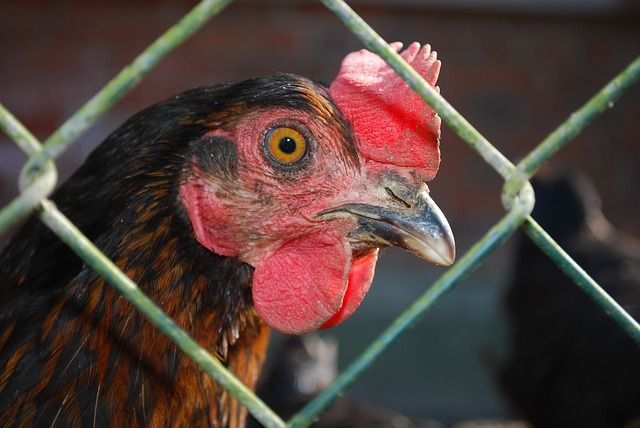Denmark’s poultry industry received a good piece of news today as the South Korean government announced it would once again permit Danish poultry again following a bird flu epidemic late last year.
The ban, which lasted about four months, was lifted following a meeting between Denmark’s food minister, Esben Lunde Larsen, and his South Korean counterpart, Lee Dong-phil, in Seoul earlier this month.
“The industry in Denmark has lost a lot of money as a result of the bird flu, so now it’s all about winning back the losses and offering the South Korean consumers healthy and safe Danish poultry,” said Larsen.
“South Korea itself is severely short of poultry and eggs, partly because US exports are also challenged by bird flu. So we were in the right spot at the right time.”
South Korea is Denmark’s most important export market for poultry outside the EU. In 2016, Danish exports of poultry products to the east Asian nation totalled 73 million kroner, down from 91 million kroner in 2015.
READ MORE: Danish food security on the menu in South Korea
Becoming Seoul mates?
Denmark was officially declared bird flu-free by the international animal health organisation OIE on February 22, and since then the Danish government has worked towards reopening the market and scheduling meetings with ministers abroad.
During Larsen’s meeting in Seoul, Lee also indicated that Denmark was first in line in terms of restarting the export of beef, which has been shut down since Denmark saw its first bout of mad cow’s disease in 2000.
“The reopening for Danish products has occurred swiftly because Danish producers and authorities have been good at fighting bird flu and keeping further epidemics out,” said Larsen.
“There are great opportunities for Denmark at the moment. South Korea has itself struggled with bird flu and has been forced to put down 33 million birds.”
Earlier this month, South Korea allowed Danish liquid eggs to be sold in its supermarkets for the first time.















